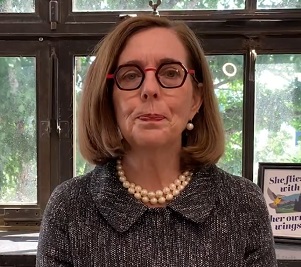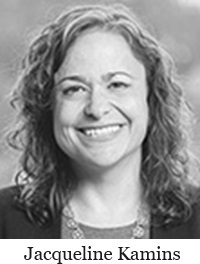





| Benton County Republicans’ Private Fundraising Event, “Bent-on Boots and Bling” with Trey Taylor |
| Friday, September 5, 2025 at 5:00 pm |
| Featuring Trey Taylor Music Private Event Friday, September 5, 2025 5:00-5:30 pm VIP Reception 5:30-8:00 pm Heavy Appetizers, Auction, Concert Red: $750 VIP Reception Front Row Table Sponsor White: $500 Table Sponsor Blue: $50 per person Limited Seating. Get Yours Now!!! Support Local Dress up: Bling, Cowboy, Patriotic Benton County Republican FUNDRAISER www.BentonGOP.org Get your tickets today at: https://www.bentongop.org/event-details/benton-county-republicans-fundraiser/form About Trey: Trey is the youngest African American Man in Country Music History. The Denver Post wrote "It's impossible to miss his enthusiasm. With a fondness for cowboy boots, gaudy colors and dazzling jewelry, Trey Taylor could stand toe to toe with any of the Pop, Country or even Rap contemporaries of his generation.“ |
| Trysting Tree Golf Club, 34028 NE Electric Rd., Corvallis |

The Legislative Assembly has recognized that global warming “poses a serious threat to the economic wellbeing, public health, natural resources and environment of Oregon.” ORS 468A.200(3). Greenhouse gases (GHG) are gasses which “contribute[ ] to anthropogenic global warming.” ORS 468A.210(2).
In 2020, recognizing the danger posed to Oregonians by GHG, then Governor Brown issued Executive Order 20-04, in which she directed EQC and the Department of Environmental Quality (DEQ) to develop rules establishing a sector specific GHG “cap and reduce program.” Specifically, Governor Brown directed EQC and DEQ to “take actions necessary” to “cap and reduce” GHG emissions from large stationary sources, from transportation fuels, and from all other liquid and gaseous fuels.
 At issue was a technical point about the DEQ not including "a written explanation of the commission’s scientific, economic, technological, administrative or other reasons for exceeding applicable federal requirements and any alternatives the commission considered and the reasons that the alternatives were not pursued.”
At issue was a technical point about the DEQ not including "a written explanation of the commission’s scientific, economic, technological, administrative or other reasons for exceeding applicable federal requirements and any alternatives the commission considered and the reasons that the alternatives were not pursued.”
According to the Appeals Court, "...we agree that the Environmental Quality Commission (EQC), in adopting the CPP rules, did not comply with the heightened disclosure requirements applicable to it when it adopts rules that apply to entities required to obtain Title V permits
under the federal Clean Air Act (Title V sources). ORS 468A.327(1).
Because EQC, when adopting the CPP rules, did not comply -- or even substantially comply --with the heightened disclosure requirements applicable to it when adopting rules that apply to Title V sources, we conclude that the CPP rules are invalid.
The remaining question is the appropriate remedy; that is, which rules are we are required to hold invalid in this rule challenge pursuant to ORS 183.400(4)(c). In a footnote, EQC contends that if we agree with petitioners’ argument that it failed to provide the disclosure required under ORS 468A.327(1), the correct remedy would be to invalidate only those rules that regulate large stationary sources. In
response, petitioners who challenge EQC’s compliance with ORS 468A.327(1), contend that at least one Title V source is a “fuel supplier” under the rules creating the cap-and reduce system. In their view, because the rules creating the cap-and-reduce system apply to a Title V source and were adopted without compliance with ORS 468A.327, those rules, too, are invalid.
We agree with petitioners. As noted, the heightened disclosure requirements in ORS 468A.327(1) are applicable when EQC adopts any rule “that applies to any facility required to pay fees under ORS 468A.315,” i.e., any facility with a Title V operating permit. Because the rules creating the cap-and-reduce system do apply to at least one Title V 668 N.W. Natural Gas Co. v. Environ. Quality Comm. source and were adopted without compliance with ORS 468A.315(1), those rules are invalid.
In sum, for the reasons above, we conclude that the CPP rules are invalid.
| Post Date: 2023-12-22 12:48:48 | Last Update: 2023-12-22 14:10:43 |